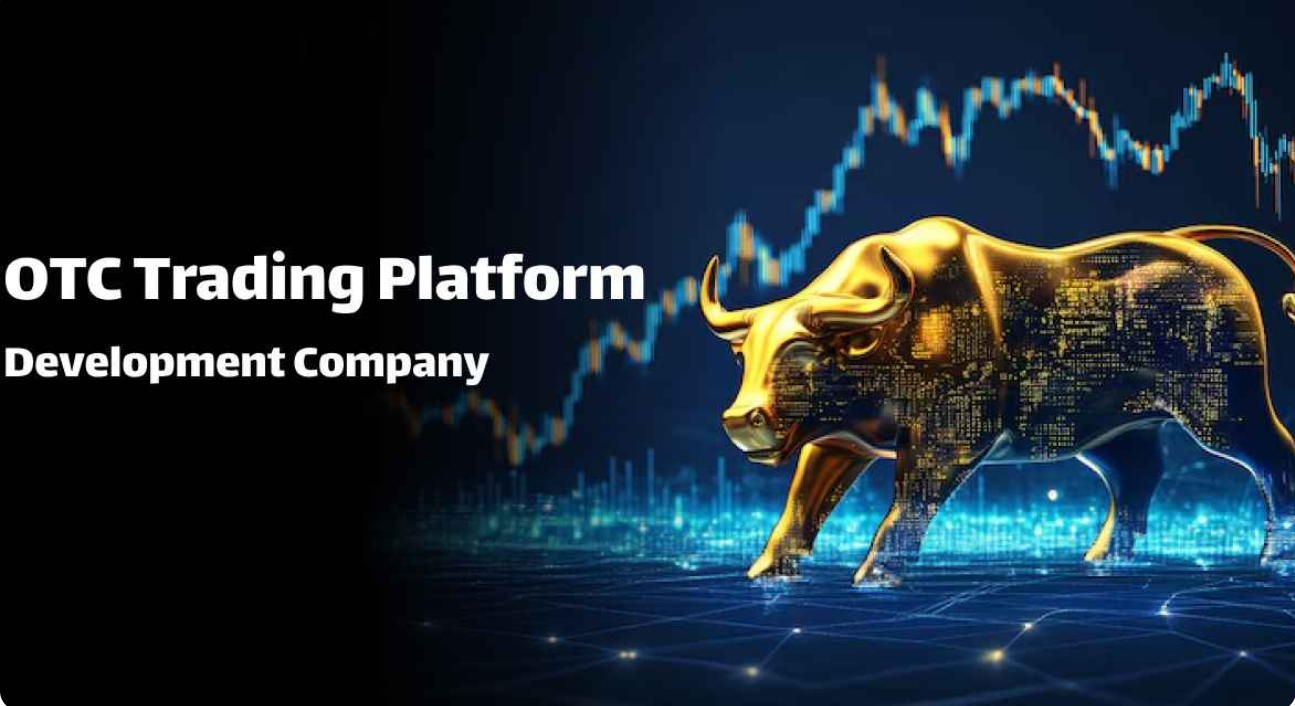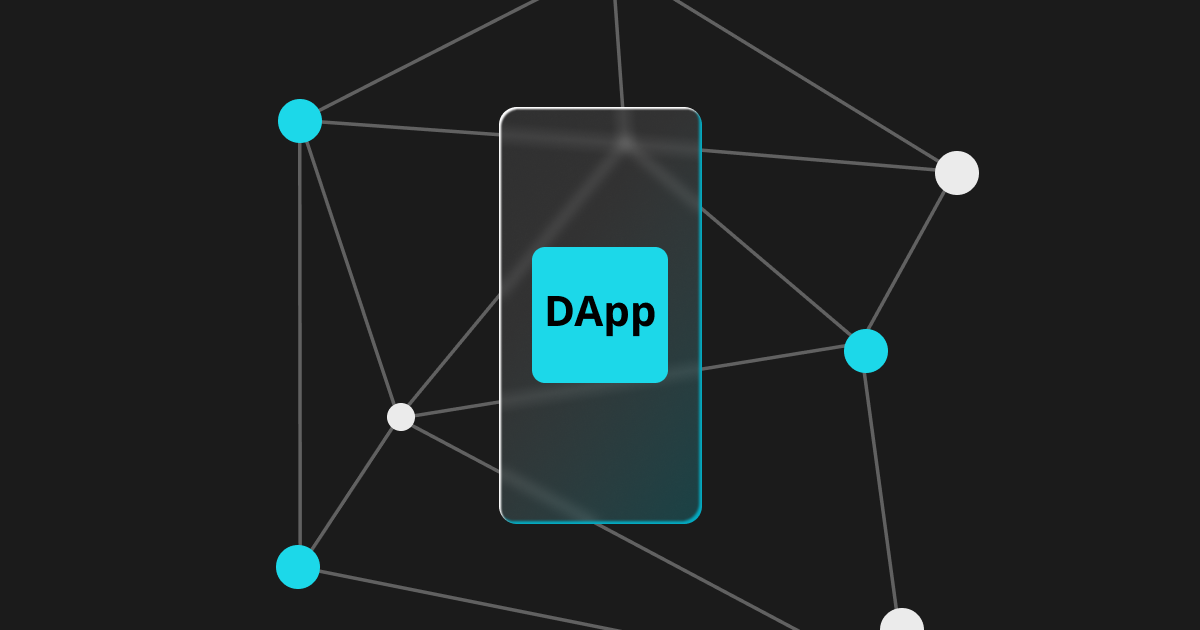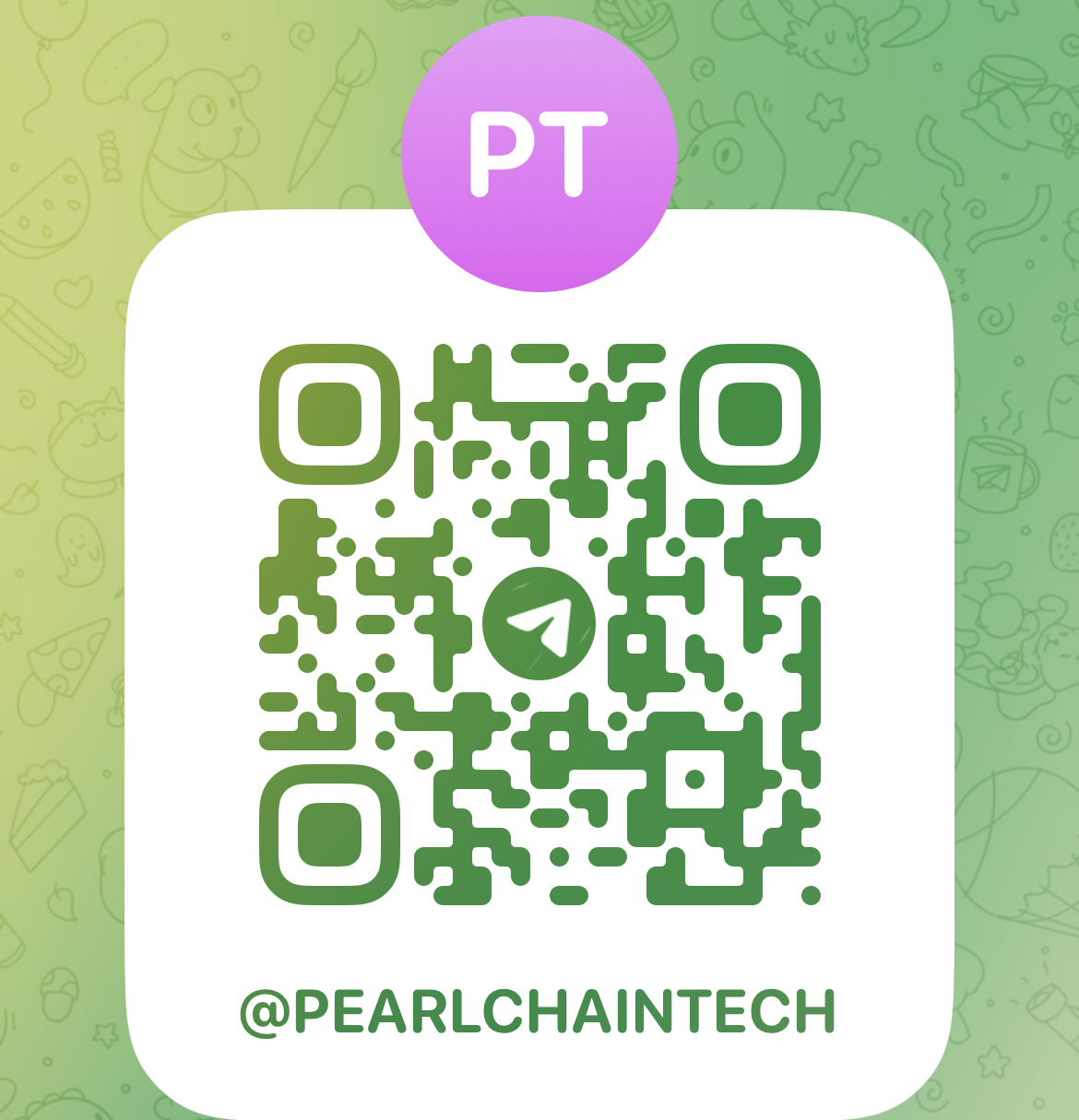
Ranking and Recommendation of Decentralized Exchanges in 2025
Decentralized exchanges (DEXs) are the darlings of cryptocurrency trading, and an increasing number of users are gradually shifting their trading to on-chain. Unlike traditional centralized exchanges (CEXs), DEXS do not rely on a single third-party intermediary. All transactions and asset management are controlled by users themselves. Transaction records and assets are stored on the blockchain, effectively enhancing security, transparency, and user privacy protection.
So, in 2025, which decentralized exchanges are worth recommending? How do they compete with traditional centralized exchanges and provide users with a better trading experience? Now, let's take a look at the ranking of the most influential decentralized exchanges in 2025.
I. Advantages and Challenges of Decentralized Exchanges
The advantages of decentralized exchanges
Security: As there is no centralized third-party management, decentralized exchanges can effectively avoid the risks of hacker attacks and fund theft on the exchanges. The user's assets are always in their own hands.
Privacy protection: When trading on decentralized exchanges, users' identity information and transaction records will not be made public, which greatly protects personal privacy.
Transparency: All transaction records are publicly available on the blockchain and can be viewed by anyone, ensuring the transparency of transactions.
Trustlessness: Users do not need to trust a single third party. Transactions are guaranteed by blockchain protocols and smart contracts.
2. Challenges of Decentralized Exchanges
Transaction speed and fees: Due to the reliance on blockchain for transactions, the transaction speed and fees of decentralized exchanges are relatively high. Especially during peak hours, delays may occur when the network is congested.
Insufficient liquidity: Compared with traditional centralized exchanges, decentralized exchanges have lower liquidity, which may make it difficult for users to complete orders quickly when conducting large transactions.
User experience: The interface and functions of decentralized exchanges are rather complex, and there may be a certain learning curve for novice users.
Ii. Ranking and Recommendation of Decentralized Exchanges in 2025
Based on the development status of decentralized exchanges in 2025, we have selected several of the most representative platforms. These platforms perform exceptionally well in terms of security, technological innovation, and liquidity, and are worthy of the attention of a wide range of cryptocurrency investors.
1. Uniswap
UniSwap is undoubtedly the market leader among decentralized exchanges at present. It is the largest DEX on the Ethereum network and, relying on the Automated Market Maker (AMM) mechanism, enables users to directly trade various ERC-20 tokens without the need for intermediaries. Meanwhile, it is deployed on all chains and users can use it at any time.
Advantages
Automated market maker mechanism: Through the AMM mechanism, users can trade without an order book, optimizing liquidity.
Strong liquidity: Supports a wide range of ERC-20 token trading and continuously introduces new tokens and trading pairs, providing rich liquidity.
Efficient user interface: The clean and intuitive interface enables users to get started quickly without the need for complex operations.
2. Jupiter
Jupiter is a decentralized exchange on the Solana blockchain, offering a cross-chain trading solution aimed at providing users with a low-cost and high-speed trading experience.
Advantages
High-speed trading: Due to Solana's high throughput, Jupiter's trading speed is extremely fast, making it suitable for high-frequency trading.
Low transaction fees: Trading on the Solana network incurs much lower fees than on the Ethereum network, making it suitable for small transactions.
Cross-chain support: Jupiter supports asset exchange among multiple blockchains, making it a multi-chain decentralized trading platform.
3. Raydium
Raydium is also a decentralized exchange based on the Solana network. However, unlike Jupiter, Raydium is not only a DEX platform but also offers various functions such as liquidity pools and lending.
Advantages
Based on Solana, fast trading speed: As a native DEX on Solana, it offers an ultra-fast trading experience and is suitable for high-frequency trading.
Offering liquidity mining: Supporting liquidity providers to earn rewards through liquidity mining increases the platform's appeal.
Integration with Serum: It has been deeply integrated with the Serum order book to provide users with a more efficient trading path.
4. Curve Finance
Curve Finance is a decentralized trading platform dedicated to stablecoin trading. With its innovative liquidity pool design, Curve provides users with a stablecoin trading experience featuring low slippage and high liquidity.
Advantages
Optimized stablecoin trading: Specifically optimized for trading between stablecoins and similar assets, with low transaction slippage and low fees.
Rich liquidity: It has a large liquidity pool that can support transactions among various stablecoins, and the funds within the pool hardly experience slippage.
DeFi Integration: Curve is a core component of the DeFi ecosystem and is widely used in other DeFi applications.
5. Pancake Pancake
PancakeSwap is a decentralized exchange based on BSC, which is popular for its low transaction fees and fast trading experience, especially suitable for small transactions.
Advantages
Low transaction fees: Based on BSC, its transaction fees are much lower than those of the Ethereum network, making it suitable for frequent and small transactions.
Rich features: In addition to AMM functions, it also offers multiple innovative features such as liquidity mining and NFT markets.
High liquidity: On BSC, there is a high level of liquidity, and the number of users is continuously increasing. The trading pairs on the platform are becoming increasingly diverse.
Iii. Choose the appropriate decentralized exchange
When choosing a decentralized exchange, users should make a judgment based on their own needs. Here are a few suggestions:
Transaction speed and cost: If you pursue transaction speed and pay attention to low transaction costs, Jupiter and Raydium are excellent choices.
Liquidity and token support: If you need a wide range of token trading pairs, UniSwap and Curve are both ideal platforms.
Cross-chain support: If you wish to conduct cross-chain transactions, Jupiter and Raydium are decentralized exchanges worth paying attention to.
Transaction security: In terms of security, UniSwap and Curve Finance are relatively mature and reliable choices.
Conclusion
Decentralized exchanges are transforming the landscape of cryptocurrency trading in a more trustless and de-intermediated manner. With the continuous development of the market, decentralized exchanges will continue to innovate and become safer, more efficient and more convenient trading platforms. As competition among platforms intensifies, users will be able to enjoy more diversified choices and a high-quality trading experience. Whether you are a novice user or a seasoned trader, you can find a platform that suits you on a decentralized exchange.












